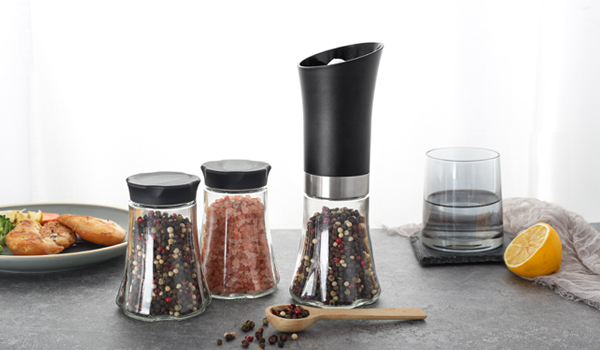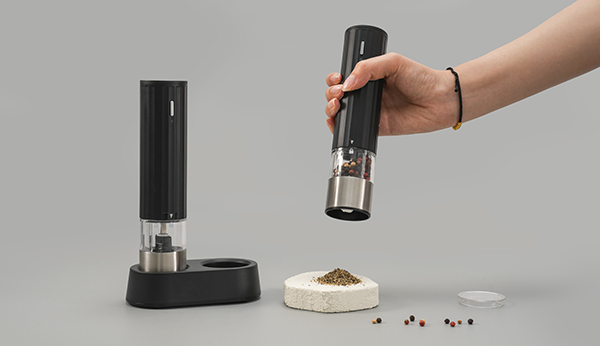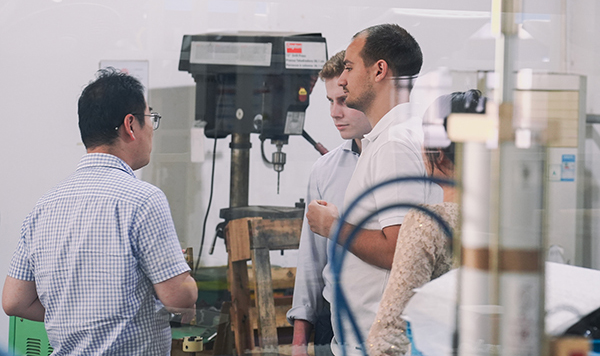Choosing Between Trading Companies and Factories in Kitchenware Trade
In today's dynamic economic and trade environment, the decision to source kitchenware products from trading companies or directly from factories is crucial for businesses. Each of these options has its own advantages and disadvantages, understanding which can significantly impact a company's success and profitability. In this blog, we will delve into the comparison between trading companies and factories, determining which choice is more suitable for businesses looking to procure kitchenware products.
For a long time, trading companies have been the traditional channels for brands to enter global markets. They act as intermediaries between brands and factories, handling logistics, negotiations, and distribution, enabling businesses to have a wide selection. Additionally, trading companies can flexibly manage order quantities, making it easier for businesses to manage inventory and meet market demands. While this seems convenient, relying on trading companies also has some drawbacks. Firstly, trading companies add extra costs to the supply chain. Their commissions and fees can significantly affect the overall profitability of brands. Moreover, lack of direct communication with factories can lead to misunderstandings and production delays, ultimately affecting a brand's ability to meet market demands.
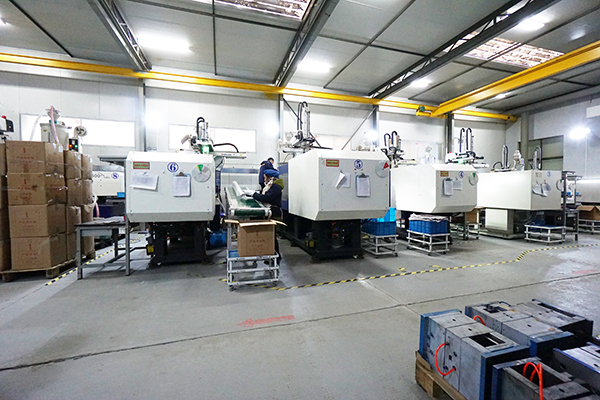
On the other hand, there are many benefits to working directly with factories. One of the most significant advantages is cost savings. By eliminating intermediaries, brands can negotiate directly with factories, eliminating additional costs associated with trading companies. This direct relationship allows better control over pricing and production, ultimately increasing profit margins. Additionally, by collaborating with factories, brands can gain deeper insights into production processes, quality control, customization options, and delivery times, which are crucial for meeting market demands and maintaining a competitive edge. However, this approach may require more time and resources to establish and maintain relationships with multiple factories.
Many brands are concerned that the main challenge of collaborating with factories is the lack of sales teams for B2B trade. However, in today's context, as factories have numerous advantages, sourcing directly from factories has become a trend. Many factories adapt to the evolving environment by investing in dedicated sales teams and after-sales services, effectively bridging the gap between trading companies and factories. This evolution has made sourcing from factories a more streamlined and efficient process, ultimately saving businesses time and money.
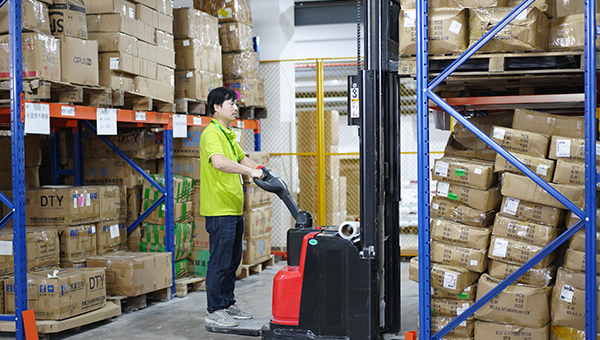
Furthermore, technological advancements enable factories to streamline operations and increase efficiency. By integrating automation and digital systems, factories can now offer faster production turnover times and greater flexibility to meet customized orders. In the rapidly changing kitchenware market, this flexibility is particularly important. Additionally, with the rise of digital platforms and communication tools, businesses can now collaborate with factories worldwide, expanding their options and opportunities for sourcing high-quality kitchenware products.
It is worth noting that while there are many advantages to collaborating with factories, potential challenges should also be considered. For example, brands may need to invest more time and resources in establishing and maintaining relationships with multiple factories, especially when diversification of products is required. Additionally, although many factories now have multilingual staff and are accustomed to working with international clients, language and cultural barriers can sometimes pose challenges to communication.
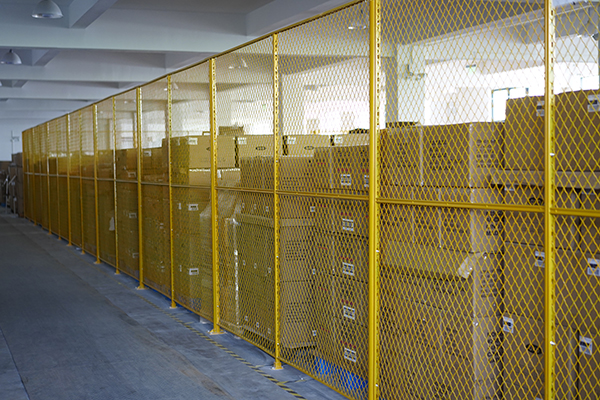
In conclusion, while trading companies offer convenience and flexibility, sourcing directly from factories has become the mainstream choice for businesses purchasing kitchenware products. In today's economic and trade environment, cost savings, quality control, and the continuous development of factories make it a more suitable choice. By leveraging advancements in factory capabilities and direct sourcing, businesses can succeed in the competitive kitchenware market.
In the rapidly changing global trade landscape, brands must adapt and make wise decisions that align with their long-term goals. By carefully weighing the pros and cons of collaborating with trading companies and factories, kitchenware brands can navigate complex supply chains, establish sustainable partnerships, and drive growth and profitability.
If you're in need of high-quality kitchenware such as spice grinders, coffee grinders, oil and vinegar dispensers, etc., consider Chinagama Kitchenware Manufacturer, with 27 years of OEM & ODM experience. We've collaborated with renowned brands like OXO, BOSCH, Chef'n, and more, making us your trusted kitchenware factory.




